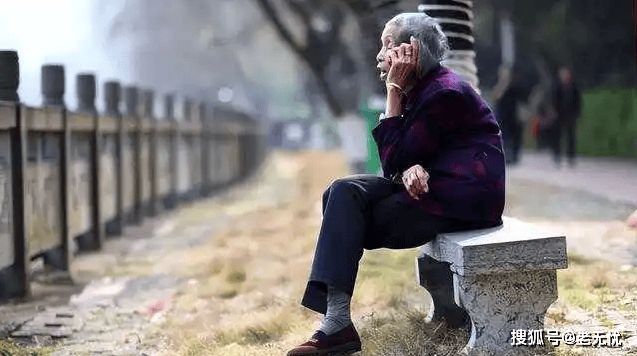With age, the elderly face not only physical changes but also a series of psychological challenges. Many elderly individuals, after retiring and leaving their work positions and former colleagues, may easily doubt their own worth. Within this group of silver-haired individuals, some live separately from their children, spending their days alone, lacking frequent communication with family members; while others may feel the constraints and limitations imposed by their health conditions. In this context, the elderly may encounter the following psychological issues:
1. Feeling of loneliness: After retirement, the social circle of the elderly gradually shrinks, especially for those living alone. Due to prolonged lack of companionship from partners or family members, they may experience intense feelings of loneliness. This emotion not only affects their social interactions but may also lead to mental health issues such as depression and anxiety.
2. Sense of insecurity: Many elderly individuals worry about their health, particularly when they have chronic illnesses or medical histories. Changes in bodily functions become more noticeable to them, and as they age, they become increasingly reliant on others, especially for basic daily activities such as dressing, eating, and bathing.
3. Anxiety and fear: The decline in cognitive abilities and physiological functions, coupled with threats from diseases and death, can trigger anxiety among the elderly. Some elderly individuals also worry that their health issues may burden their families, as they may not receive proper care and support.
4. Dislike of changes: As they age, the attention and memory of the elderly gradually weaken. These physiological changes can reduce their ability to adapt to external stimuli, diminish their psychological resilience, and make their reactions to changes more intense. For example, minor setbacks in life can cause them to lose their appetite for days, with unresolved emotional distress.
To prevent and intervene in common psychological issues among the elderly, society and families should focus on the following key points:
1. Enhancing social support: Establishing and improving elderly community service systems to provide psychological counseling, health consultation, legal assistance, and other services to help address their practical problems. Providing conditions for interpersonal interactions for the elderly, such as organizing interest groups for the elderly or encouraging them to participate in elderly universities and volunteer work, is essential. Additionally, society should offer sufficient activity space and facilities for the elderly, utilizing public spaces such as parks and community venues to meet their exercise needs.
2. Family care: Family members should pay more attention to the psychological well-being of the elderly, listen to their needs and feelings, and provide emotional support and daily care. Also, when possible and based on the subjective willingness of the elderly, accepting assistance from them appropriately can help maintain their dignity and sense of value.
3. Monitoring medication side effects: In managing the health of the elderly, families play a crucial role. Family members should ensure that the elderly have a balanced diet rich in essential nutrients, low in salt and sugar, and suitable for their digestive capacity. Regularly accompany the elderly for medical check-ups, understand the medications they are using, pay attention to possible side effects, and adjust medication plans promptly.


